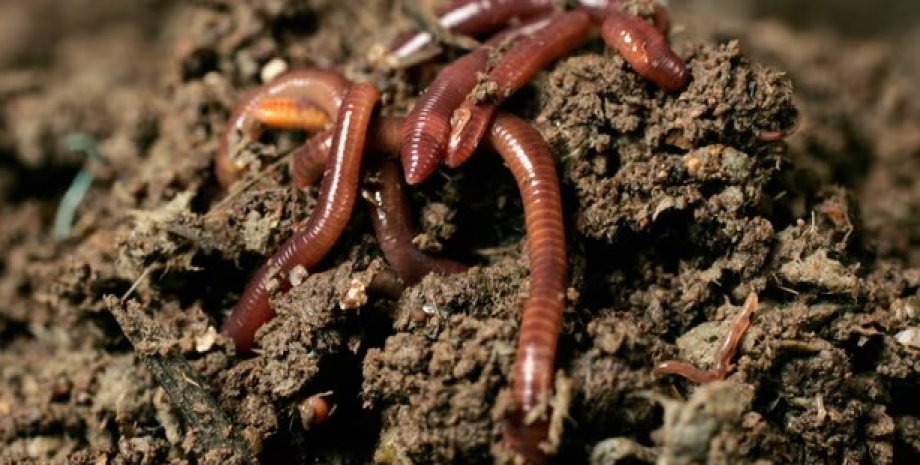
5% of the world crop correspond to 140 million tons of foodstuffs a year, which would make earthworms if they had their own country, the fourth largest world manufacturer. For comparison, in 2022, Russia produced 150 million tons, and this year plans to produce only 120 million tons. In focus. Technology has appeared its Telegram channel.
Subscribe not to miss the latest and most intrusive news from the world of science! According to the leading author of the study of Stephen Fonte, the results indicate that the earthworms account for 6. 5% of grain yield, it is about: simple words, if you imagine that the average loaf of bread consists of 15 slices, which means that one is one They will depend on the activity of worms. The results of the study indicate that these creatures also contribute to the cultivation of 2.
3% of legumes, including soybeans, peas, chickpeas and lentils. Scientists believe that the effects of worms on legumes are smaller, since plants are able to fix their own nitrogen, which makes them less dependent on worms. According to Fontte, burning burrows and eating underground, earthworms break down organic matter and aerate soil, which increases its fertility and makes nutrients accessible to smaller organisms. In addition, their work helps the soil to capture and hold water.
Earlier studies have already confirmed that the presence of earthworms improves yield. Charles Darwin wrote about it in 1881, but before this study, scientists did not imagine how important the work of earthworms. The team notes that they studied the influence of worms on cereals and legumes, analyzing and laid maps of soil properties and crop yields on the global atlas of the number of earthworms.
The results of the study indicate that the largest contribution of earthworms made to areas of the global south. The worms include: scientists suggest that higher rates are due to the fact that farmers in the area use fewer fertilizers and pesticides, relying on manure and rotting organic substances that increase the number of earthworms. About 95% of all food products on the planet are grown in the top layer of soil.










All rights reserved IN-Ukraine.info - 2022